Spirit , Liquid, and Virtus.pro Advance to BLAST Bounty Fall 2025 LAN Stage
2025-08-09 23:00 (UTC)
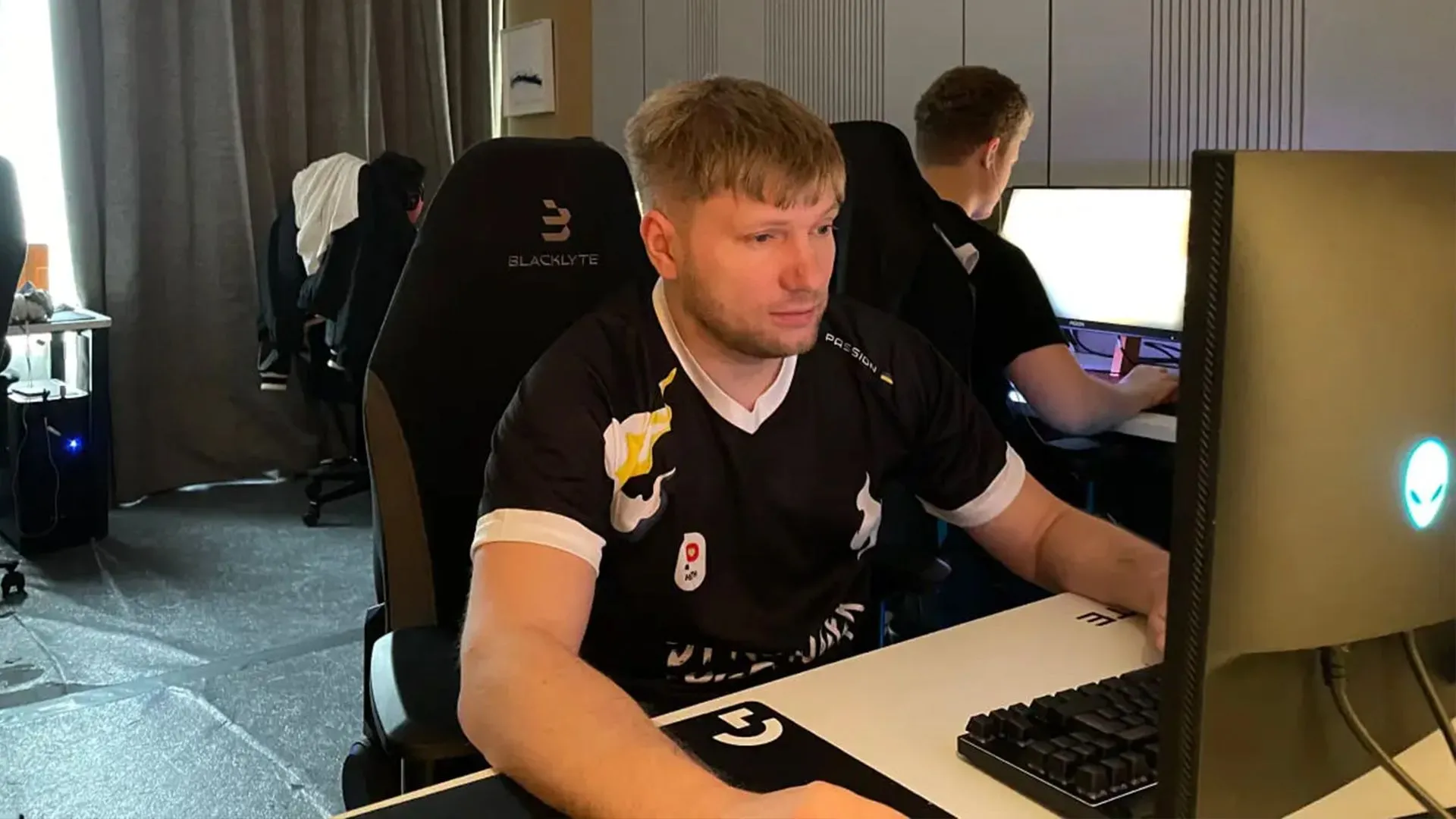
Time: 2025-08-10 10:18 (UTC)
The first part of the interview can be found here.
In your Telegram channel, you wrote that
Look. I understand who Sasha is. From the perspective of a beautiful story, it would have been nice if he stayed with FaZe. But, as I understood, he came there not in his best form, a bit unbalanced. Considering his complex nature and the fact that the results in practice weren't the most stable, I understand conflicts could have arisen, as in other teams.
FaZe can accept such energy only if it leads to super high results. And what they achieved with him wasn't enough to justify the arising difficulties. If a prime
I wrote about BC.Game because I studied other options for him in the pro scene. Sasha is the kind of player you need to build a team around. It can't be that he just fits into an existing roster. The only ready team that could have accepted him was FaZe. And although they could have shown great results with him, it's a team where everyone has already won majors. They don't need intense emotions, pressure, and conflicts. They want a decent, peaceful end to their careers without quarrels and grievances. Only young, hungry-for-victory players, who have nothing to lose yet, can accept Sasha's energy. Accordingly, it's a team that needs to be built from scratch.
There were two options: the BC.Game project or some American team. In the American scene, there's a serious sniper crisis. Sasha once lifted Liquid. We remember that final against SK [at ESL One: Cologne 2016]. That highlight on Cache, which for some reason was deleted—and I still don't understand how. It's part of the history we love. I hope they bring it back.
So, I think the first option is to try to build a career at BC.Game. But the most important thing is Sasha wants to return. If he reads this—I would like him not to give up. To try to reach his best form at BC.Game.
And the second option is the American scene. I want American CS to become competitive again. The story of
The main thing is that the story with BC.Game, where they try to build a roster around
Well, that's how it was supposed to be. Because it's the team that wins. And Falcons are still far from being a team. Although, by the way, without kyousuke, they showed decent results. My opinion: the roster must include "workhorses"—those who perform the function of sacrificing their life for the benefit of a teammate. Not everyone can rack up a ton of frags.
They assembled
Falcons is a big problem for
That's what I'm talking about. In the last couple of years, while
People just love to create idols for themselves. I'm not diminishing
The problem with Falcons is that when you assemble stars, no one gives you time. You buy ready players for "here and now" results. I understand his headache. But believe me, any other coach wouldn't refuse the opportunity to work under such conditions. Making champions out of five superstars is easier than building everything from scratch.
Although history shows, and it was like this in football, that it's almost unreal. In the early 2000s, Real Madrid was called "galacticos" for signing star players, but there were few results.
Yes, but they won one Champions League. At that time, they had "workhorses" who helped achieve that. Then they bought another star, disrupted the balance, and everything fell apart. That's what happened. They no longer carried the "piano," although they played beautifully.
And with Falcons, it seems like a similar story. In CS, it seems two stars per team are okay. Three is already too much. Even the tournament in Cologne showed: m0NESY fell off, sukey was shooting, but there was no team play.
That's right. Ideally, there should be three players ready to adapt: a captain and two "workers." And two stars. That's how, for example, it's arranged in Vitality. But okay, time will tell.
And to finalize the topic of
Look. We're talking about
No one is ready to build a roster around him until he shows that he is the
Tell us how the first
The situation was as follows. The organization provided me with a number of players to test—about 10 people. Out of these ten, I selected five whom I considered the best. Among them was a player with the nickname zeRRoFIX, who later became a key player for
However, there was one position where I didn't like how a certain player was performing. It was an important role—let's say, the team's star player. I thought we needed someone who would set the pace. During communication, my knowledge of available players was primarily based on those I interacted with.
Since I was most impressed by zeRRoFIX technically, I asked him if he knew anyone for the star player position. He suggested a candidate—jackasmo. I watched one demo of his game, noted important points for myself, and made a decision. At that time, jackasmo was undergoing a test in
There was a conversation with
We argued, found no consensus. I thought: if he's not ready to share, then I can also claim jackasmo. Now, looking back, I think maybe I could have conceded Nikita and gone another way. But back then, I really liked his game, and I won't deny, I made efforts to get him on the team.
In fact, it was only about two players—jackasmo and zeRRoFIX. The others weren't part of our "competition." They were on trial with
I hope
In the end, another team under your leadership did something incredible: on the second attempt, they made it to the major and were very competitive. Despite the results, a couple of months after the major, you're replaced, and the roster is revamped. You, I believe, wrote that the decision was shocking for you. Why did
I'll say this. When forming a roster, you select players who can perform the necessary tasks. Unfortunately, during the last formation, we were more guided by the principle: "we take those who are free," rather than those we wanted.
Because of this, players ended up not in their roles, which is always a minus. Frictions began in the training process and other aspects. The atmosphere in the team was not the most harmonious. The management chose the option: stay with the current roster, make 1-2 changes, and develop further. That was one of the options. Rebuilding the team, keeping me in the roster, would have been much more financially costly and complex. So they went for a viable path.
The goal was never just to "make it to the major." The goal was to win the major. And to win the major, you need to become its regular participant. When we lost the team—
For me, it was primarily important for it to be a strong Ukrainian team. And I'm glad that, despite everything, this team was indeed strong. Overall, I'm satisfied with that.
Just, when I read the news, I was very surprised. Previously, from statements, including from you and the same Zinchenko, it seemed like you had full carte blanche in forming the roster. That the final word was yours.
Unfortunately, I didn't get that carte blanche. Because the candidates I wanted to see—they weren't signed.
You didn't stay unemployed for long—you soon joined Team Next Level, but in a new role. What made you change from a coach to a CEO?
First and foremost, the desire to spend more time with my children. I have four kids, two of whom are very young: one and a half years old and three and a half. It's a time when they need my attention. Coaching takes up 12 hours a day—literally 12. But being a CEO, despite busy days, still gives a few extra hours to spend with family.
Before the majors, we lived with the team at boot camp, I didn't see my kids, I woke up with thoughts about CS. I like it, but I understand how unique this period in life is—to be with the little ones. Maybe I'll return to coaching someday, but definitely not in the near future.
It's been quite some time since your appointment. Have you fully adapted to the role?
Now I have a much better understanding of all the challenges organizations like ours face. We are newcomers to the market, and the competition is huge. From the example of
In terms of financial capabilities and infrastructure, who does
I think we're somewhat similar to
I believe that in the modern esports structure, a Counter-Strike team can achieve this. Valve seemed to want to move away from closed leagues—and eventually created their own closed league, where teams from the top 15 or top 20 in the world receive huge privileges. If you get there, your team automatically becomes profitable.
So we entered esports not with some know-how—we, like many, are investing money hoping the project will pay off. But we have a clear understanding: sporting results will bring us returns. Right now, we're more focused on achieving sports goals rather than as a media product. We'll catch up in that regard later.
What exactly is your area of responsibility now?
Essentially, all processes in the organization. Control of training for CS and Dota players, analysis of their psychological state, setting goals, developing the media sector. By the way, we're currently facing difficulties with media—we're not well-known enough. We're looking for our path right now.
We want people to know about the new star rising in Ukrainian CS. We have big ambitions: to become regular major participants. And from there—to compete for the highest titles. Recently, we won the qualification for EPL. I think many Ukrainian fans learned about us and discovered this team.
Also, my task is to oversee everything happening. I have over 15 years of experience in esports, and I've encountered most processes. Previously—from the player's or coach's side, now—from the CEO's side.
I strive to be open to employees, to suggestions. And even to those who are simply interested in the project and want to help or advise on the development path. We want to create a brand that Ukrainian fans will remember—and that will delight them with victories more than once.
With your arrival, the
Well, there is indeed such an effect—100% (laughs). But I hope at the very beginning I just gave the guys a little confidence that they can succeed. I really like the path they chose. We immediately went to conquer
Now we have an important stage. The November major. Invitations will be issued on October 7th. I'll get involved in the work—as an analyst, break down weaknesses, help the coach and the roster. I try to be with the guys, share experiences, support them. My contribution shouldn't be overestimated—it's there, but it's not 100%, maybe about 5%. But I'm glad I contributed to their success. And the rest is their merit. They're great. I don't want them to stop. We see another cool team rising. And I'm happy to be with them.
What do you think of the current state of
There's a lot that can be changed. First and foremost—the tick rate. I would bring back 128 tick rate and make the game that everyone loves.
I would like someone who understands the technical aspects well to explain: why Valve, despite requests and the fact that the previous version of the game worked better on 128 tick rate, still made something that works worse. It's inexplicable to me.
I understand they won't do it, but if they did—it would satisfy the entire community twice as much. Everyone would support it.
Everything else is secondary. But I would also... you know what I'd do? I'd take a few enthusiasts from the pro scene, add a couple of developers to them—and create new maps for competitive CS. Because playing on Dust2 for 20 years is absurd. We've seen everything on it already.
Counter-Strike is about intellectual competition. And with the current map pool, it's becoming less expressive. The return of Overpass? We've played on it for years—how much longer? It gives an advantage to experienced players and doesn't encourage new ones. By adding new maps, we level the playing field. And returning old ones increases the gap. That's what I would change.
And finally—a few words to
First of all, I want to say that your support is very important. We see that you care. We read comments on posts, we hear you. We will delight you with promotions, giveaways. But most importantly—we will strive to win just for you. Stay with us, bring friends. We want to build a large community. Thank you for being with us.
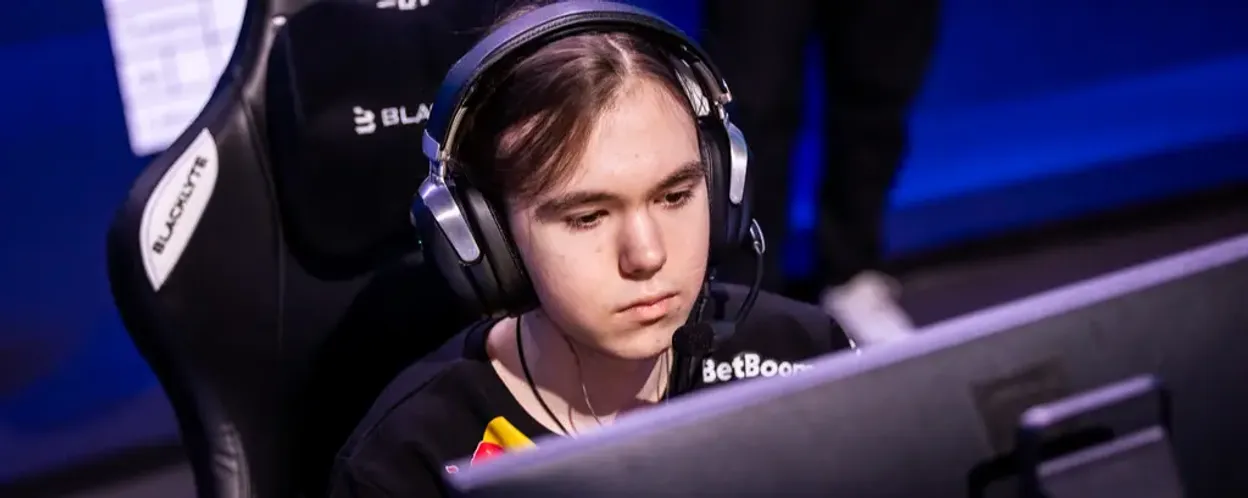
2025-08-09 23:00 (UTC)
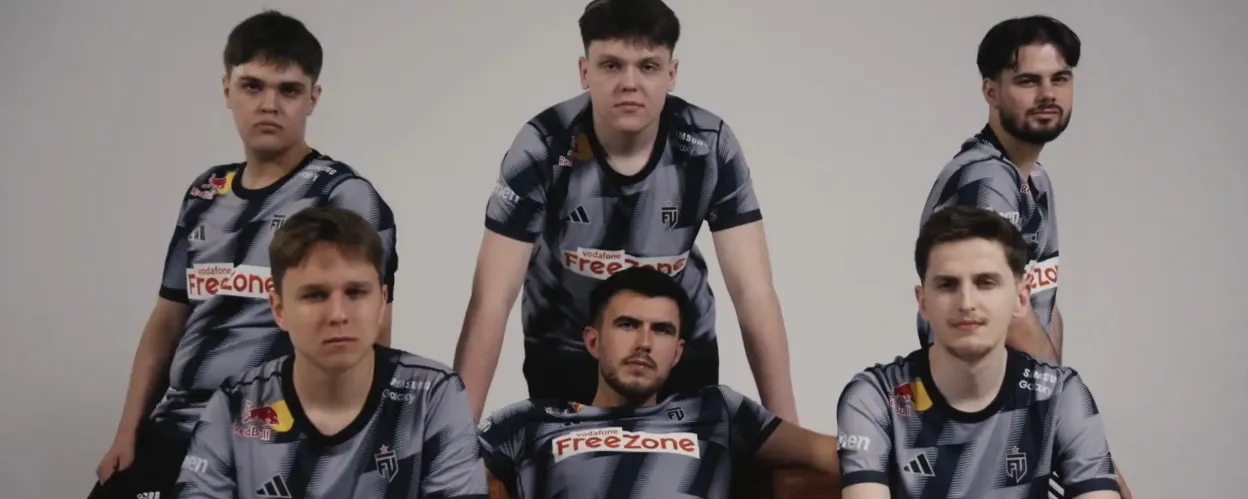
2025-08-09 19:00 (UTC)
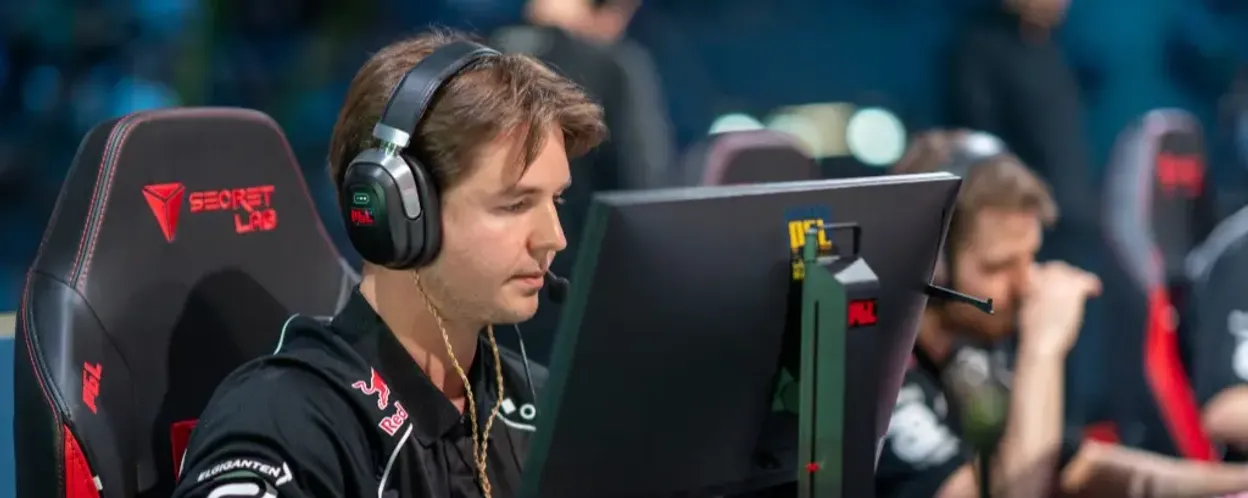
2025-08-09 13:03 (UTC)
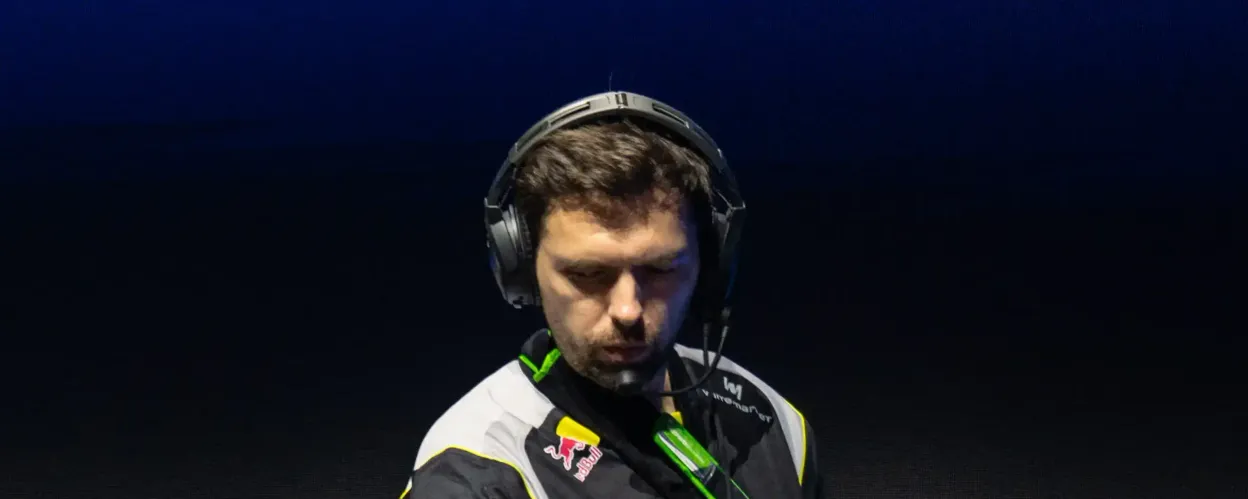
2025-08-09 07:36 (UTC)